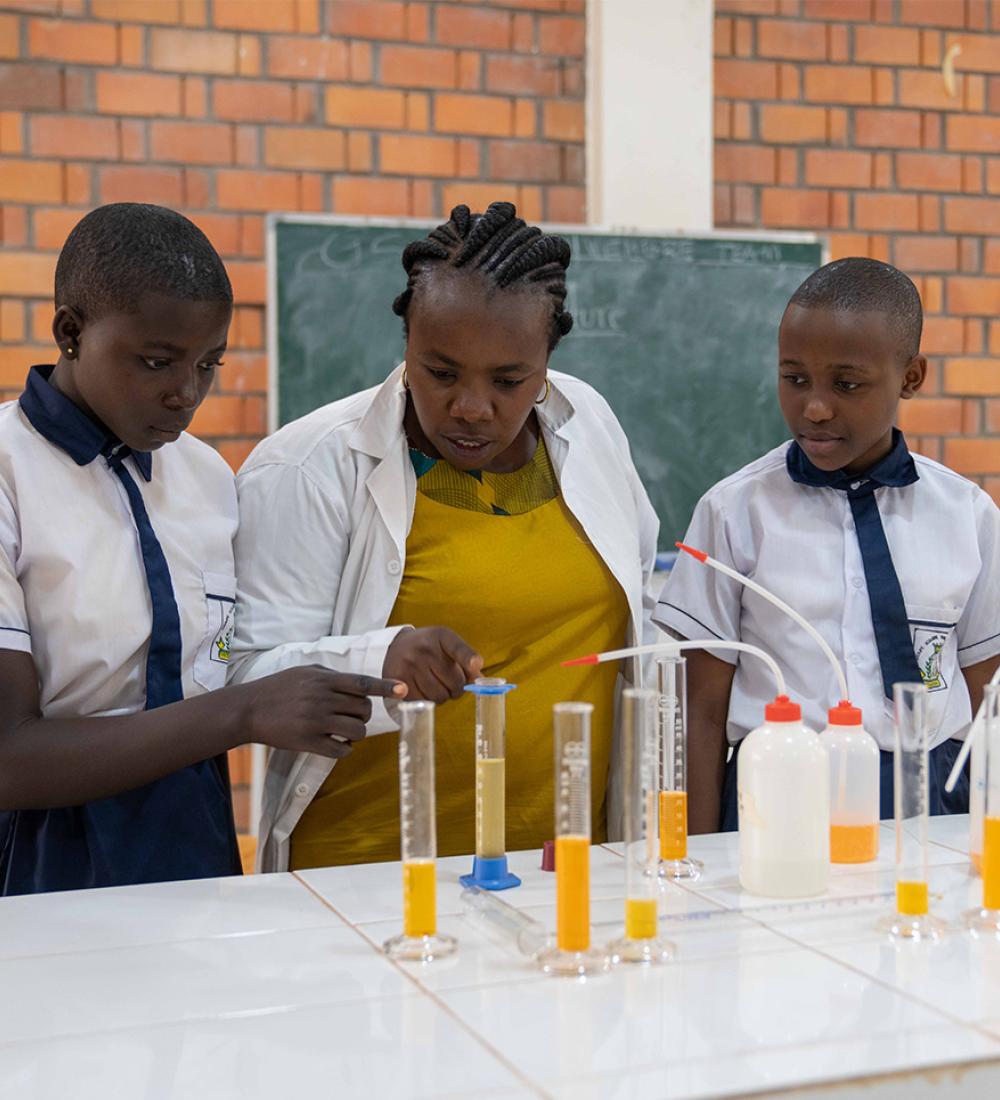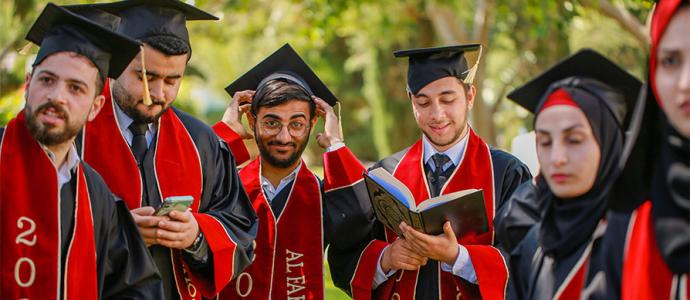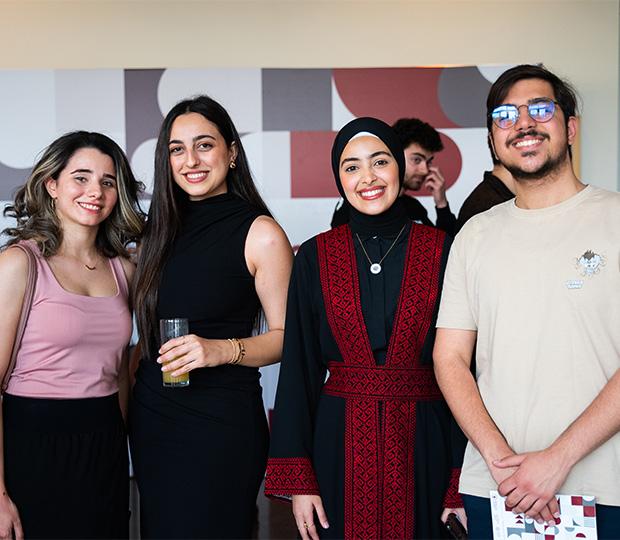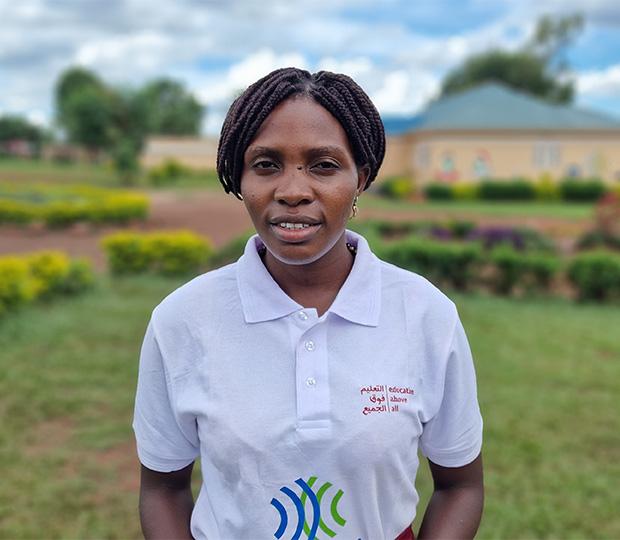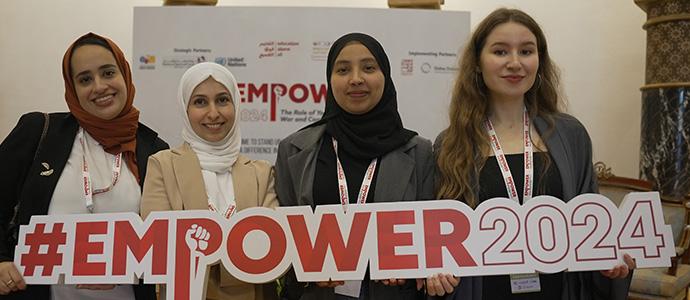Israel’s child prisoners: Putting the issue on the political agenda. Commentary by Caabu's Graham Bamborough.
As part of Caabu’s advocacy programme we’ve been running a series of parliamentary visits to the Palestinian Territories. Since October last year five delegations from the British parliament have visited Gaza and the West Bank courtesy of Caabu, enabling MPs and Peers to gain firsthand experience of the situation on the ground.
These delegations allow parliamentarians to examine the issues close up, from the impact of the wall upon the communities it divides, to the growth of settlements across the West Bank and the continuing siege of the Gaza Strip. One lesser reported issue that we closely examine however is that of the juvenile military courts, which prosecute around 700 Palestinian children each year.
We reported on a visit to the courts at Ofer, back in January, where a delegation witnessed the trial of Mahmoud, a 15-year-old from Bethlehem accused of throwing a Molotov cocktail at an armoured vehicle. The main witness to the case, another child prisoner, had signed a statement written in Hebrew, a language he did not speak, and which he alleged was only procured after a soldier had assaulted him during an interrogation that was neither recorded nor carried out in the presence of a lawyer or family member.
His case was tragically typical of those passing through the court. Most children are arrested for the crime of throwing stones, either at settlements, the wall or Israeli military vehicles. After arrest the children are denied access to lawyers and their families. Following arrest they are presented with two options. Either plead guilty to throwing stones and receive a prison sentence of three to four months, or plead innocent and spend a longer period than their possible sentence awaiting trial, before an appearance at the military courts where they will almost certainly be found guilty and receive an even tougher stint in jail. A fair judicial process, it is certainly not.
Since January, we have taken further visits back to the courts, in the hope of projecting the issue onto the political landscape back in the UK. Lord Alf Dubs, former Minister for North Ireland during the Good Friday Agreement, was particularly affected by what he saw.
Speaking in a House of Lords debate on the Middle East, Lord Dubs informed the House of what he witnessed in the courts:
“In the court we visited we saw a 14 year-old and a 15-year-old, one of them in tears, both looking absolutely bewildered. What shocked me as much as anything was to see that these young persons - children - had chains or shackles around their ankles while sitting in court. I do not believe that this process of humiliation represents justice. I believe that the way in which these young people are treated is in itself an obstacle to the achievement by Israel of a peaceful relationship with the Palestinian people. I think that the Israelis should apply proper standards of human rights to the way in which they treat them."
Lord Dubs comments in the upper chamber follow on from those of Grahame Morris MP, a Labour representative for Easington, who challenged David Cameron over the issue following a visit back in November, during Prime Minister’s Questions to the House of Commons. The issue was also the subject of a special parliamentary debate in December, drawing comments from MPs such as Richard Burden and Ian Lavery, who have also visited the courts.
It may be scant consolation to Mahmoud and the children who find themselves shackled and standing before a military judge, but the issue is slowly making its way up the political agenda in the UK.
Graham Bambrough is the Parliamentary Officer at the London-based Council for Arab British Understanding. He has taken numerous parliamentary delegations out to the Middle East, including the first visit to Gaza in the immediate aftermath of ‘Operation Cast Lead.’








